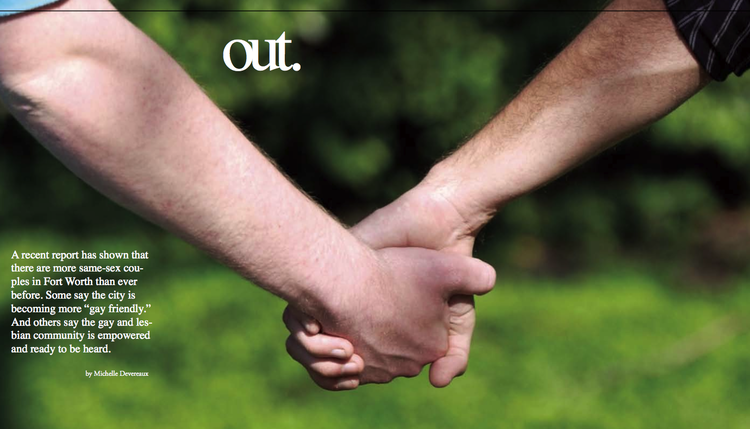The unalienable freedom to marry cannot be put to vote because it violates civil liberties based solely on sexual orientation. Proposition 8 in the state of California is a perfect example of a law that cannot be enacted no matter how many citizens vote for it because the intent of the law is unconstitutional. This is expressed in U.S. District Judge Vaughn Walker’s decision in a legal challenge to the voter-approved ban on same-sex marriages passed in 2008.
“Proposition 8 both unconstitutionally burdens the exercise of the fundamental right to marry and creates an irrational classification on the basis of sexual orientation,” Walker wrote.
Discriminating against people because of their sexual orientation is the same as being prejudiced against people of certain races or religions. The 14th Amendment did not exclude gays in the Equal Protection Clause, so that clause must apply to gays and lesbians as well.
Walker addressed this issue when he wrote, “Proposition 8 does nothing more than enshrine…the notion that opposite-sex couples are superior to same-sex couples.”
This attitude of false superiority is not enough to prevent a group of people from having access to all of their civil rights. Civil rights cannot be undone just because the majority of citizens feel it is justified.
As Ted Olson, the attorney representing those challenging to legalize same-sex marriages, said on Fox News Sunday, “Would you like Fox’s right to free press put to a vote?”
One cannot use religion as a justification for Proposition 8 because of the separation of church and state clause in the U.S. Constitution. Religious texts and attitudes are irrelevant to laws that concern the civil rights of citizens in the United States.
However, the courts cannot force religious organizations to marry same-sex couples in their places of worship. This case only concerns the issuing of state marriage licenses in California.
There are many benefits that go along with marriage that must be given to every married couple, regardless of sexual orientation. For instance, married people can file their taxes jointly or be on the same health insurance plan, which can lead to financial savings. Why should gays not be entitled to these same benefits?
I hope the U.S. Supreme Court will hear this case and I am cautiously optimistic this strikingly conservative court will follow in the footsteps of justices before them who set aside the biased attitudes and prejudices of the people to satisfy the Constitution and the unalienable rights of all people.
Chris Varano is a sophomore sports broadcasting major from Dallas.

